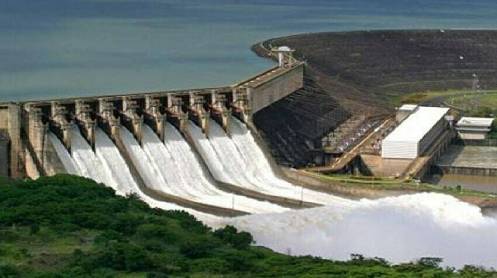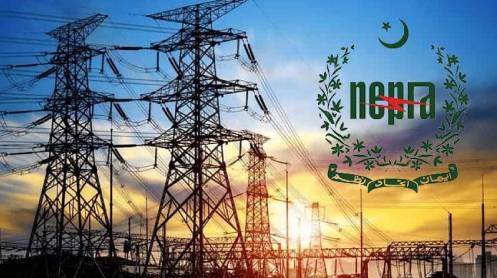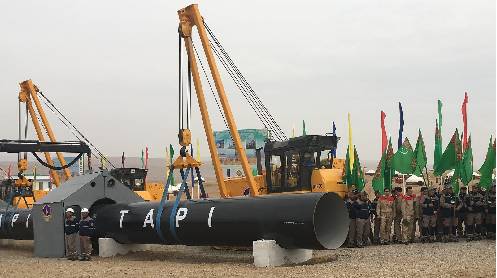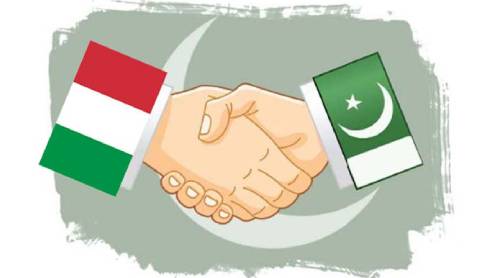ISLAMABAD: The federal government is currently exploring various financing strategies for the Diamer-Bhasha Hydropower Project, as development partners have shown reluctance to commit the required $10 billion—comprising $8 billion for the project itself and an additional $2 billion for the transmission line. This was the key outcome of an inter-ministerial meeting held on August 19, 2024, at the Prime Minister House, chaired by Minister for Economic Affairs and Establishment, Ahad Cheema.
Concerns were raised by members of the Federal Cabinet regarding the project’s future viability due to its significant financing needs and execution delays. Minister for Economic Affairs highlighted the necessity of an in-depth review before making any decisions on the project’s future.
Federal Minister for Water Resources, Dr. Musadik Masood Malik, underscored the project’s strategic importance, noting its total cost, including the transmission line. He emphasized the project’s critical role in bolstering the country’s water reserves, with an expected water storage capacity of 6.4 million acre-feet and annual hydroelectric generation of 18.1 billion units.
Chairman WAPDA, Lt Gen Sajjad Ghani (Retd), provided details on the project’s financial requirements, revealing that the cost per unit of electricity is estimated at Rs. 15 based on last year’s exchange rate. He noted that, beyond the $500 million already secured, the project requires an additional $3.5 billion in foreign financing.
Secretary EAD Kazim Niaz acknowledged that geopolitical considerations have made development partners hesitant to commit funding. However, recent efforts, including engagements at the OPEC Fund’s Development Forum, have shown some promise, with a mission from the Saudi Fund for Development (SFD) scheduled to visit the project in September.
The meeting concluded with the decision to form a working group, including representatives from WAPDA, the Ministry of Water Resources, and the Ministry of Power, to provide recommendations on how to advance the project. The group is expected to submit its findings within two weeks.
Story by Mushtaq Ghumman





